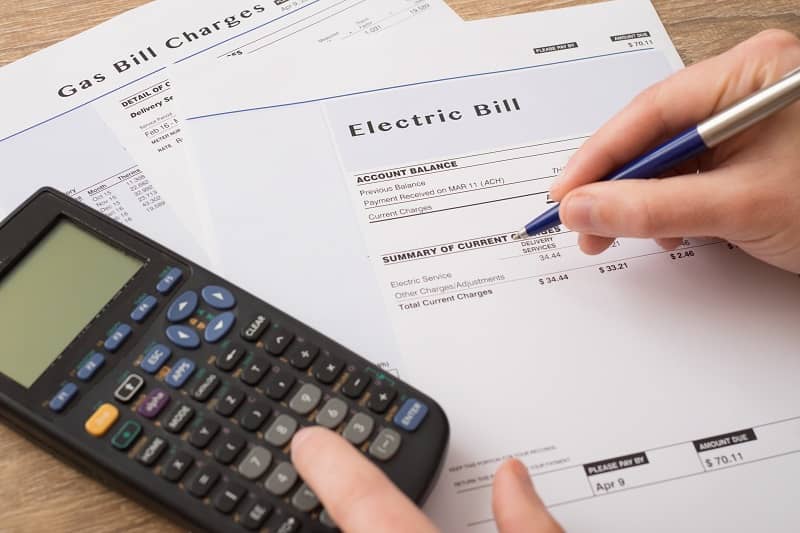Oregon’s electricity ratepayers are supposed to be protected from monopolistic electric utilities by the Public Utility Commission. Yet, the most significant piece of energy legislation in decades was hatched in secret last year by those same utilities, without PUC input.
After the backroom deal became an actual legislative bill, the Oregon House of Representatives was happy to go along with the scam by approving HB 4036 in mid-February. None of the three PUC Commissioners testified on the bill.
The PUC did send a lone staff member to address the House Environment Committee, and he raised multiple concerns. He stated definitively that HB 4036 would increase costs to ratepayers and that the green power mandate would put utilities into “uncharted territory” that would risk the reliability of the regional power grid—due to the fact that wind and solar energy facilities fail to produce any output most of the time.
HB 4036 purports to be a big environmental win for the state due to a requirement that utilities cease using coal power by 2030. But Oregon only has one coal-fired power plant, at Boardman, and PGE already plans to shut it down by 2020. So this is a fake benefit. Score one for the utilities.
HB 4036 is also being marketed as a way to move Oregon to 50% reliance on “renewable power” by 2040, but that’s also a gimmick. According to the Oregon Department of Energy, the total of all electricity consumed by Oregon ratepayers from “renewable energy” sources is 6.2% of total consumption. Yet current law requires utilities to get 15%, so we already have a problem.
The gap between the reality of 6.2% and the fantasy of 15% is made up with so-called “Renewable Energy Certificates” (RECs), which don’t provide any actual electricity. RECs are just double-payments made to wind farms and other green energy producers so that the REC purchasers can pretend that they bought the actual electricity (they didn’t).
In financial terms, RECs are to power production what Bernie Madoff was to Wall Street. And just as the SEC put its stamp of approval on Madoff for years while he ran his Ponzi scheme, state and federal regulators have fully endorsed the use of RECs to allow utilities to pretend that they are using actual green electrons.
HB 4036 is specifically designed to make electricity more expensive and less reliable. That’s why there are sections in the bill allowing the PUC to temporarily stop compliance with the law under any of three conditions: if the reliability of the grid is threatened by the randomly-failing wind farms; if electricity rates rise too fast; or if the mandates for green power production (reaching 50% by 2040) can’t be met.
This is immoral. We should be enacting laws designed to make the grid more reliable and at less cost.
Proponents claim that we have to pass this bill; otherwise, even more onerous measures will be placed on the ballot in November.
So what’s the problem? Let the ballot measures go forward. I have full confidence that Oregon voters would never be dumb enough to vote to increase their rates by billions of dollars while receiving no environmental benefits.
When HB 4036 is scheduled for hearings in the Senate, legislators should insist that members of the Oregon PUC testify. The PUC is the official ratepayer watchdog; the muzzle needs to be taken off.
John A. Charles, Jr. is President and CEO of Cascade Policy Institute, Oregon’s free market public policy research organization. This article originally appeared in The Oregonian on February 18, 2016.










